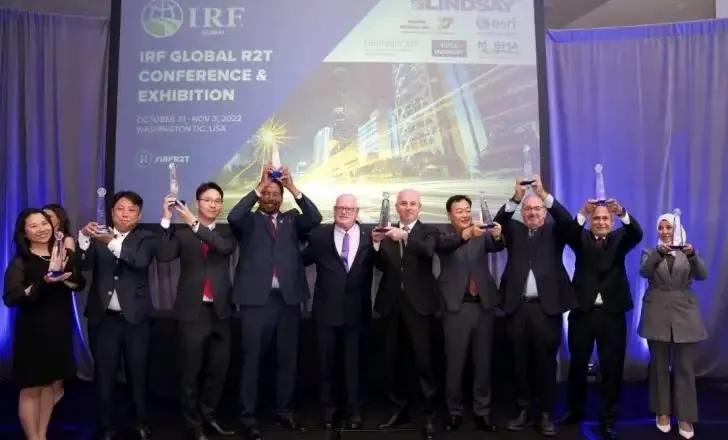Automotive alliance Renault-Nissan-Mitsubishi (RNM) has signed a memorandum of understanding with mobile transportation platform DiDi Chuxing (DiDi) to explore future cooperation on a new electric vehicle (EV) car-sharing program in the People’s Republic of China. The agreement underlines RNMs commitment to new mobility services as part its Alliance 2022 strategic midterm plan. The Alliance aims to eventually deploy 12 electric models worldwide, using EV platforms and components. In addition, it plans to
February 9, 2018
Read time: 1 min
Automotive alliance 2453 Renault-838 Nissan-4962 Mitsubishi (RNM) has signed a memorandum of understanding with mobile transportation platform DiDi Chuxing (DiDi) to explore future cooperation on a new electric vehicle (EV) car-sharing program in the People’s Republic of China. The agreement underlines RNMs commitment to new mobility services as part its Alliance 2022 strategic midterm plan.
The Alliance aims to eventually deploy 12 electric models worldwide, using EV platforms and components. In addition, it plans to bring to market 40 vehicles worldwide with autonomous drive technology and develop robo-vehicle ride-hailing services.
Chen Ting, general manager for the Express Mobility Group of DiDi, said, "Strategic partnerships with the world's leading industry players like Renault-Nissan-Mitsubishi will enable us to pool our strengths and resources to meet diversified mobility demands and create an open, sharing-based transportation ecosystem, as we innovate vehicles for a future of ridesharing, AI technology and new energy."
The Alliance aims to eventually deploy 12 electric models worldwide, using EV platforms and components. In addition, it plans to bring to market 40 vehicles worldwide with autonomous drive technology and develop robo-vehicle ride-hailing services.
Chen Ting, general manager for the Express Mobility Group of DiDi, said, "Strategic partnerships with the world's leading industry players like Renault-Nissan-Mitsubishi will enable us to pool our strengths and resources to meet diversified mobility demands and create an open, sharing-based transportation ecosystem, as we innovate vehicles for a future of ridesharing, AI technology and new energy."








